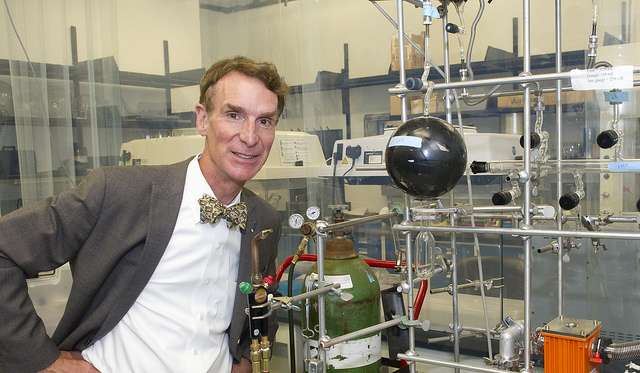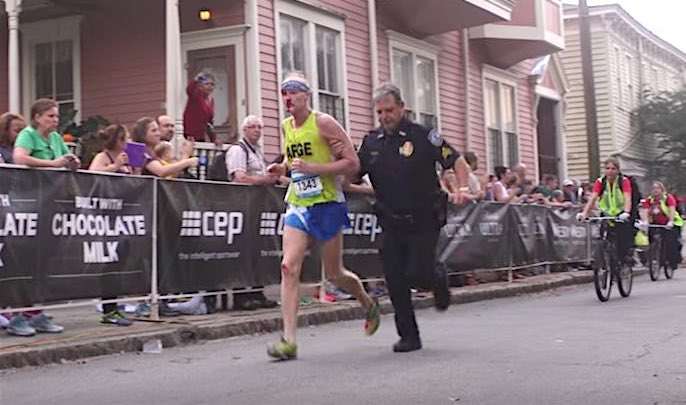Just like the television show Extreme Home Makeover, we love to bring you stories of people coming together to surprise a deserving family or community group with a newly redesigned home, school, or community center. Who doesn't get a little choked-up seeing the looks on those faces gazing at the new rooms for the first time?
Often, corporations are backing those good deeds, providing the materials, the furniture, and even the laborers and tools to make these dreams come true. Home Depot, Disney, and Century 21 are just a few that regularly contribute.
Some companies pay their workers to volunteer. On October 16th, Samsung offices across the U.S. and Canada officially closed their doors for the second of two annual "Days of Service" that enabled 4,200 employees to serve in their local communities for more than 50 nonprofit organizations.
"If we are going to be a successful corporate partner we have to be giving back in our communities," said a vice president for Samsung Electronic America. And these words are backed with action: Samsung employees have donated more than 45,000 volunteer hours since 2014.
For more than twenty years, Toyota has taken the charitable notion one step further. By sharing their know-how and knack for efficiency, the automaker has transformed charities, organizations, and hospitals with their philosophy of "continuous improvement".
Illustrative of the old adage, "GIVE a man a fish and he will eat for a day," this unique not-for-profit arm of Toyota is, instead, "TEACHING a man to fish," which will make him more abundant for a lifetime…
They call it their Toyota Production Support Center, a 501(c)3 that helps community organizations adapt more efficient ways of doing their day-to-day work.
LOOK: This Moving Company Helps Women Leave Abusive Homes At No Cost
Central to these efforts is the sharing of principles from the Toyota Production System (TPS), first developed in the 1940s which is based on the notion that small, continuous improvements drive a higher quality of work.
"By eliminating problems, we're getting incrementally better," Toyota Advisor Scott Porter explained. "We fix little things all day long, and the collective of all those little things helps overall performance significantly."
The car company partnered with filmmakers to create a series of short films to document some of the most valuable projects that Toyota has nurtured in recent years. The goal is the betterment of people's lives through the betterment of the organizations.
One of the poignant partnerships was with the St. Bernard Project, which is rebuilding family homes lost in Hurricane Katrina. With an influx of Americorps volunteers to work on more homes, the founders were surprised that it hadn't sped up the building time. Before Toyota stepped in to identify improvement opportunities, it was taking the group 116 days on average to complete a home. Afterward, it was cut almost in half, to 61 days.
Another organization helped by Toyota was a busy county eye clinic at Harbor-UCLA hospital, where patients were slowly going blind waiting months for medical services. The wait list was hundreds of patients long, but busy doctors and administrators didn't know how to fix it. With a new color-coded filing system and moving the supplies to where the doctors needed them most often, and the shift to a culture of observation, they were able to eliminate the surgical backlog within two years.
To see how Toyota helped these organizations, watch the excellent films here.
This post was created in partnership with Toyota. All opinions expressed in the post are my own and not those of Toyota.










Be the first to comment